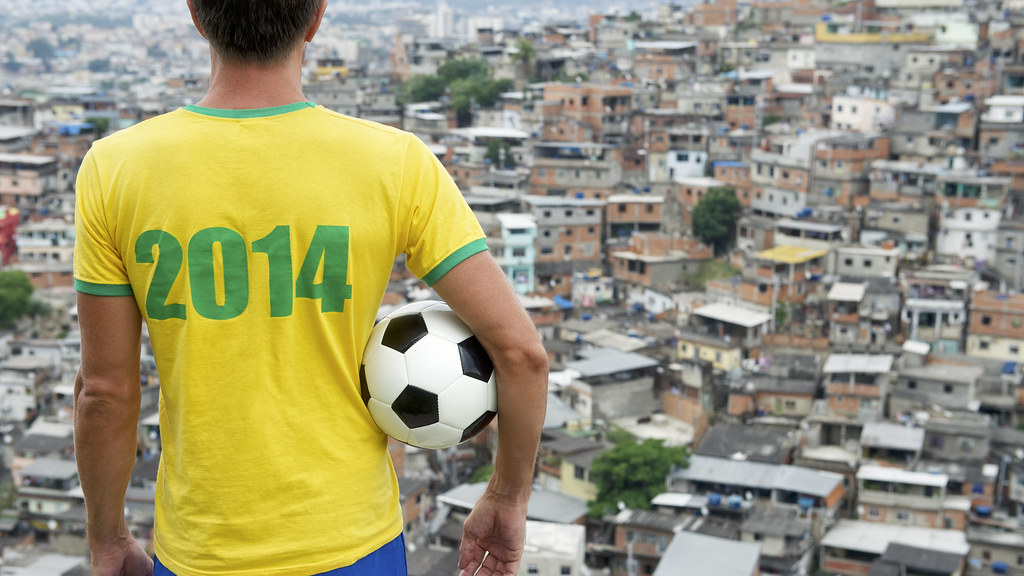With major investments in Brazil in stadia and infrastructure completed or underway to support both events, the associated costs of hosting both major tournaments has already led to widespread social unrest. Global sport events generate a range of tensions between competing local and national agendas, cultural values and future visions for Brazilian society.
Brazil is one of the fastest-growing major economies in the world and in future decades is expected to become one of the five largest economies in the world.
The new project, a ‘Researcher Links Grant’, co-funded by the British Council and FAPESP (the São Paulo Research Foundation), will enable academics from our Department for Health to share their research around the legacy claims of major sporting events, including research from London 2012, and collaborate with international colleagues to discuss how this can support work in Brazil. A workshop in São Paulo, planned for 2015, will also provide an opportunity for career development and cross-cultural exchange.
Project lead, Professor Simone Fullagar from our Department for Health, said: “We are delighted to be able to facilitate a workshop in Brazil that will develop cross-cultural networks between early career academics from the UK and in São Paulo. With a focus on sport and social transformation, the workshop will explore the socio-cultural, economic and political complexity surrounding major events such as the FIFA World Cup and the Rio Olympic Games.
“We envisage some lively debates across the four days with participants coming from diverse research backgrounds in sport sociology, leisure and tourism, urban studies, politics and international development. It will be an excellent opportunity to work with our colleagues at the University of São Paulo to strengthen research relationships.”
International partner, Dr Ricardo Uvinha from the University of São Paulo added: “Brazil has recently gained global attention in terms of how the country will host the so-called 'sports mega-events of the decade' and the potential impact of them through legacies across the sport, tourism and leisure sectors. This workshop provides a great opportunity to critically explore these legacies as well as to strengthen the mutual co-operation between University of Bath and University of São Paulo.”
Also involved in this collaboration from Bath:
If you found this interesting you might also like:
- Can Parkrun get communities more active - October 2014
- New collaboration will encourage older people to get more active - July 2014
- Opinion Blog: Commonwealth Games and Scottish Independence - July 2014

